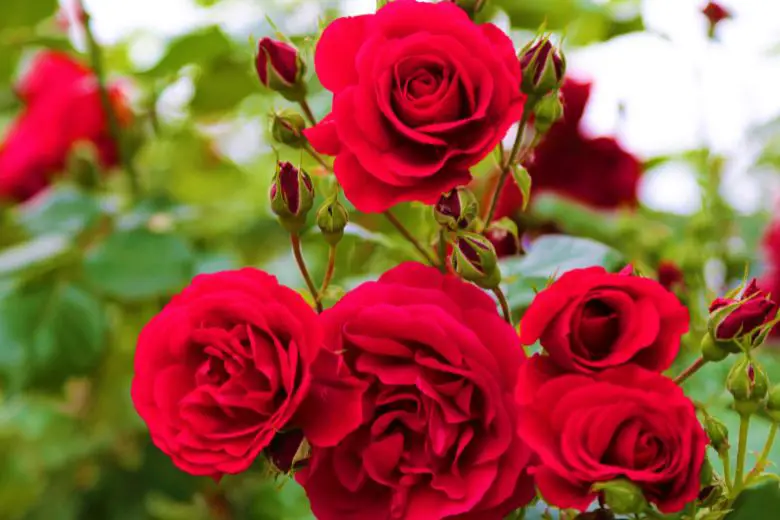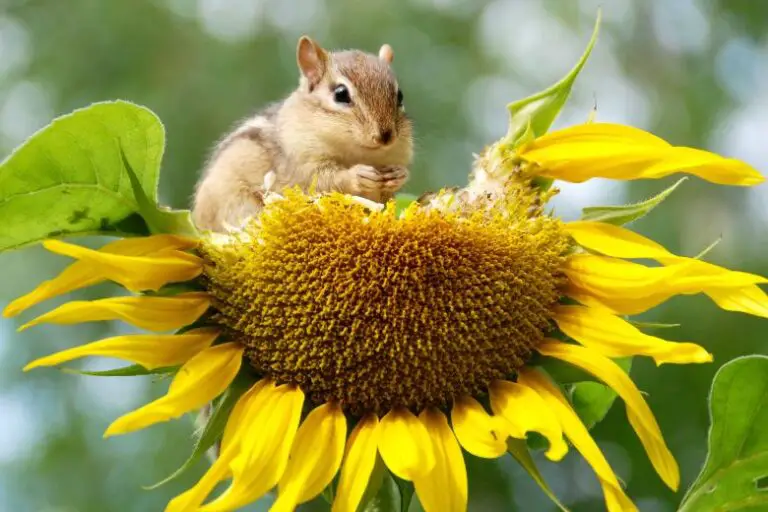Can I Plant Roses in Ohio During the Winter
Planting roses in Ohio during the winter can be a challenging yet rewarding endeavor for gardening enthusiasts. Ohio’s harsh winter climate can present various difficulties, but with the right approach and care, you can successfully grow roses even in the colder months. In this article, we will explore the best practices for planting and maintaining roses during winter in Ohio.
Understanding the Winter Climate in Ohio
Before diving into winter rose planting, it’s crucial to understand Ohio’s winter climate. The state experiences cold temperatures and often sees snowfall, which can pose risks to fragile plants like roses. Frost and freezing temperatures can damage rose plants if not adequately protected. However, certain rose varieties are well-suited to withstand Ohio’s winters.
Selecting Cold-Resistant Rose Varieties
To ensure a successful winter planting, choose rose varieties known for their cold resistance. Some popular choices include:
- Winter Sunset Rose: This variety displays vibrant orange and red hues and is particularly hardy in cold weather.
- Iceberg Rose: Known for its white blooms, the Iceberg Rose is resilient to frost and thrives in colder conditions.
- Coral Drift Rose: These stunning pink roses are excellent for winter planting due to their adaptability to colder temperatures.
Preparing the Soil for Winter Planting
Proper soil preparation is essential for winter rose planting success. Start by ensuring the soil is well-draining to prevent waterlogged roots, which can lead to rot. Mix organic compost into the soil to improve its structure and nutrient content. Additionally, perform a soil test to assess pH levels and make necessary adjustments to create an ideal environment for the roses.
Proper Winter Planting Techniques
When planting roses during winter, it’s vital to follow specific techniques to safeguard the plants from the cold:
Protecting Roots and Stems
Before placing the roses in the ground, trim any damaged or excessively long roots. Additionally, prune the stems to encourage new growth. Position the rose plant in the hole and cover the roots with soil, gently firming it around the base.
Mulching
Applying a layer of mulch around the base of the rose plant helps insulate the roots and protect them from extreme cold. Straw, wood chips, or shredded leaves are excellent options for mulch material.
Watering
While the ground may be frozen, it’s essential to keep the roses hydrated. Water them thoroughly before the ground freezes, as this helps them withstand the winter months.
Care and Maintenance during Winter
Throughout the winter, monitor your roses and provide them with proper care:
- Inspecting Regularly: Check the plants for any signs of damage or disease, and take appropriate action if necessary.
- Removing Snow: Brush off heavy snow from the rose bushes gently to prevent breakage.
- Avoiding Overwatering: During the winter, roses require less water, so avoid overwatering to prevent root issues.
Common Winter Rose Planting Mistakes to Avoid
- Planting Incorrect Varieties: Not all rose varieties are suitable for winter planting, so research and choose cold-resistant ones.
- Improper Soil Preparation: Neglecting to prepare the soil adequately can hinder the roses’ growth during winter.
- Skipping Mulching: Mulch is essential for insulating the roots; skipping this step can expose the plant to winter damage.
- Overwatering: Excessive watering during winter can lead to root rot, adversely affecting the roses.
Conclusion
In conclusion, planting roses in Ohio during the winter is possible with the right approach and care. By selecting cold-resistant rose varieties, preparing the soil correctly, and following proper winter planting techniques, you can enjoy beautiful blooms even in the colder months. Regular inspection and appropriate care are crucial for maintaining healthy roses during winter.







